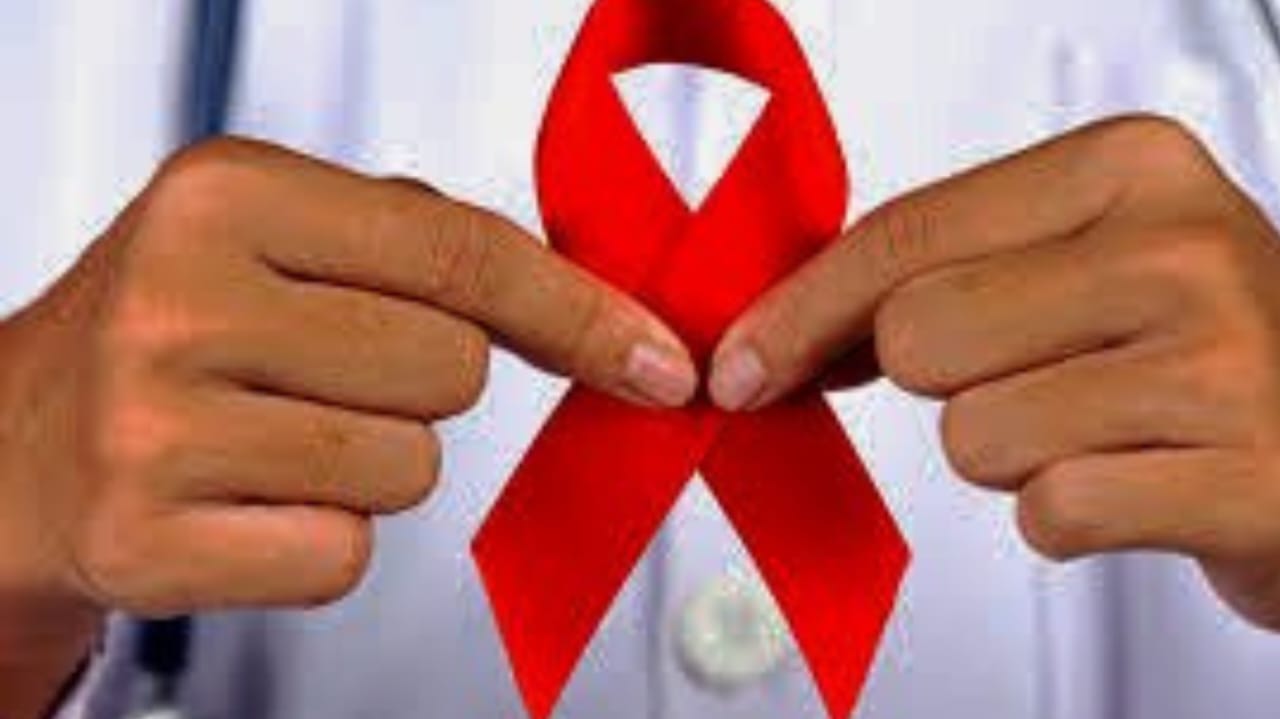
HIV, short for human immunodeficiency virus, affects millions of individuals worldwide. Women make up a significant portion of those living with HIV, yet their symptoms and experiences with the virus can differ notably from men. Recognizing the symptoms in women is vital, as early detection leads to timely treatment and improved quality of life.
This guide will explore the early and advanced symptoms of HIV in women, the unique challenges they face, and effective prevention and treatment options.
Understanding HIV and How It Impacts Women
HIV attacks the body’s immune system, specifically targeting CD4 cells, also known as T cells. Over time, the virus depletes these cells, making the body vulnerable to infections and illnesses. Without treatment, HIV can progress to AIDS (Acquired Immunodeficiency Syndrome), the final stage of the virus.
Why Are Women More Vulnerable to HIV?
Biological and societal factors increase women’s vulnerability to HIV:
- Biological Factors: The female reproductive system has a larger surface area of mucosal tissue, increasing susceptibility during sexual activity.
- Gender Inequality: Social and economic disparities often limit women’s access to healthcare and HIV prevention resources.
Early Symptoms of HIV in Women
During the acute stage, typically 2–4 weeks after exposure, the body reacts strongly to the virus. This phase, called acute retroviral syndrome, is when the immune system attempts to fight off HIV.
Flu-Like Symptoms
Early symptoms can mimic the flu or other common viral infections. Women often report:
- Fever: Persistent high temperatures above 100°F.
- Chills and Night Sweats: Frequent sweating, especially at night, accompanied by chills.
- Fatigue: Feeling exhausted even after adequate rest, due to the body’s immune response.
Gastrointestinal Symptoms
- Nausea and Vomiting: Often mistaken for food poisoning or a stomach bug.
- Diarrhea: Loose or watery stools lasting for more than a week.
Respiratory Symptoms
- Sore Throat: A raw, scratchy throat without accompanying cold symptoms.
- Dry Cough: Persistent and unproductive coughing that doesn’t improve with medication.
Skin Rash
One of the hallmark symptoms, the rash often appears as small red spots or blotches, primarily on the torso. It may be accompanied by itching or discomfort.
Swollen Lymph Nodes
Lymph nodes in the neck, armpits, or groin may become tender and enlarged as the immune system fights the virus.
Chronic and Advanced Symptoms of HIV in Women
If untreated, HIV progresses into the chronic stage. Symptoms at this stage are more severe and can significantly impact a woman’s quality of life.
Reproductive Health Issues
- Chronic Vaginal Infections: Recurring yeast infections and bacterial vaginosis that are resistant to treatment.
- Pelvic Inflammatory Disease (PID): A severe infection of the reproductive organs, which may cause pelvic pain, fever, and infertility if untreated.
Neurological Symptoms
- Cognitive Decline: Difficulty concentrating, memory problems, or confusion, often referred to as HIV-associated neurocognitive disorders (HAND).
- Headaches and Migraines: Persistent headaches that do not respond well to over-the-counter treatments.
Skin Conditions
- Lesions: Dark, purplish spots caused by Kaposi’s sarcoma, a cancer linked to HIV.
- Warts and Sores: Particularly in the genital or oral regions, due to weakened immunity.
Weight Loss and Malnutrition
Unintended and rapid weight loss, sometimes called “HIV wasting syndrome,” can occur due to malnutrition, gastrointestinal issues, or opportunistic infections.
Respiratory Infections
- Tuberculosis (TB): Women with advanced HIV are at higher risk of contracting TB.
- Pneumonia: Frequent and severe respiratory infections are common.
HIV’s Impact on Women’s Mental and Emotional Health
HIV diagnosis can lead to profound emotional and psychological challenges for women, including:
- Stigma: Fear of judgment and isolation can deter women from seeking treatment.
- Depression and Anxiety: The stress of living with HIV and its impact on daily life can lead to mental health issues.
- Relationship Challenges: Women may face rejection or abuse upon disclosing their HIV status.
Unique Challenges Women Face with HIV
Pregnancy and Motherhood
HIV-positive women who are pregnant face the risk of transmitting the virus to their child during pregnancy, childbirth, or breastfeeding. However, with proper antiretroviral therapy (ART), the risk of mother-to-child transmission can be reduced to less than 1%.
Increased Risk of Cervical Cancer
Women with HIV are more prone to cervical dysplasia and cervical cancer due to co-infections with human papillomavirus (HPV). Regular Pap smears and HPV vaccinations are essential preventive measures.
Co-Infections
HIV-positive women often face co-infections such as hepatitis B, hepatitis C, or sexually transmitted infections (STIs), complicating their overall health.
Testing and Diagnosis of HIV in Women
Common Testing Methods
- Rapid Tests: Provide results within minutes.
- ELISA Tests: Detect HIV antibodies in blood samples.
- Nucleic Acid Tests (NAT): Detect the virus itself for early diagnosis.
When Should Women Get Tested?
Testing is recommended for women who:
- Engage in unprotected sex.
- Have multiple sexual partners.
- Share needles for drug use.
- Are pregnant or planning pregnancy.
Treatment Options for HIV in Women
Antiretroviral Therapy (ART)
ART is the cornerstone of HIV treatment. By suppressing the virus, ART prevents disease progression and reduces the risk of transmission.
Supportive Care
- Regular Check-Ups: Monitoring CD4 count and viral load.
- Nutrition Support: A healthy diet helps boost immunity and energy levels.
- Mental Health Counseling: Therapy and support groups can help women cope emotionally.
Prevention Strategies for Women
- PrEP (Pre-Exposure Prophylaxis): Daily medication to prevent HIV in high-risk individuals.
- Condom Use: Consistent and correct use during sexual activity.
- PEP (Post-Exposure Prophylaxis): Emergency treatment within 72 hours of possible exposure.
- Safe Needle Practices: Avoid sharing needles or syringes.
HIV and Women’s Health: The Path Forward
Raising awareness about HIV symptoms, treatment, and prevention is crucial for empowering women. Women should feel encouraged to seek medical attention, access preventive measures, and advocate for their health without fear of stigma or judgment.
By addressing the unique needs and challenges faced by women, we can ensure better health outcomes and improve the quality of life for women living with HIV.
